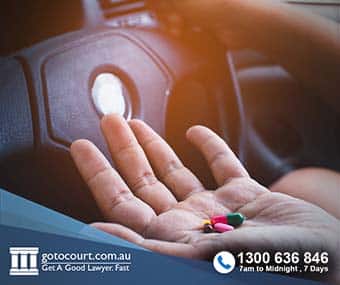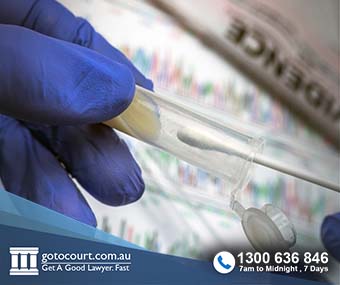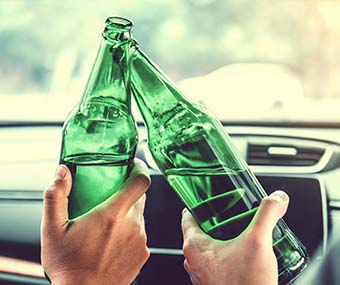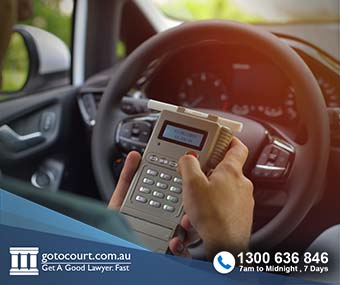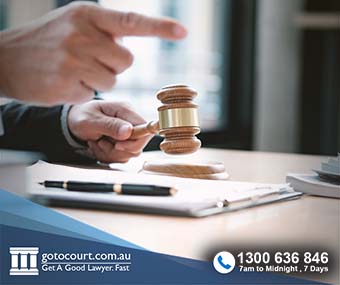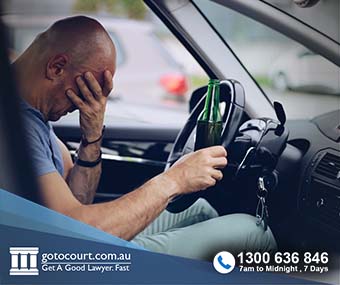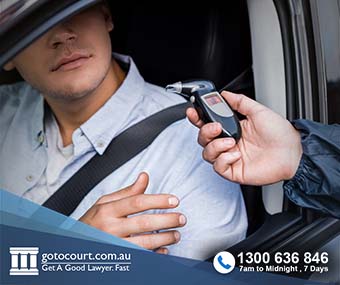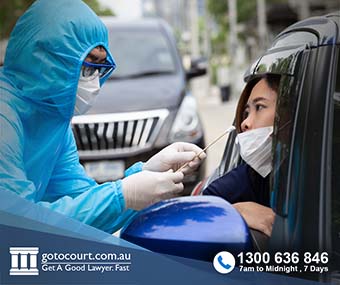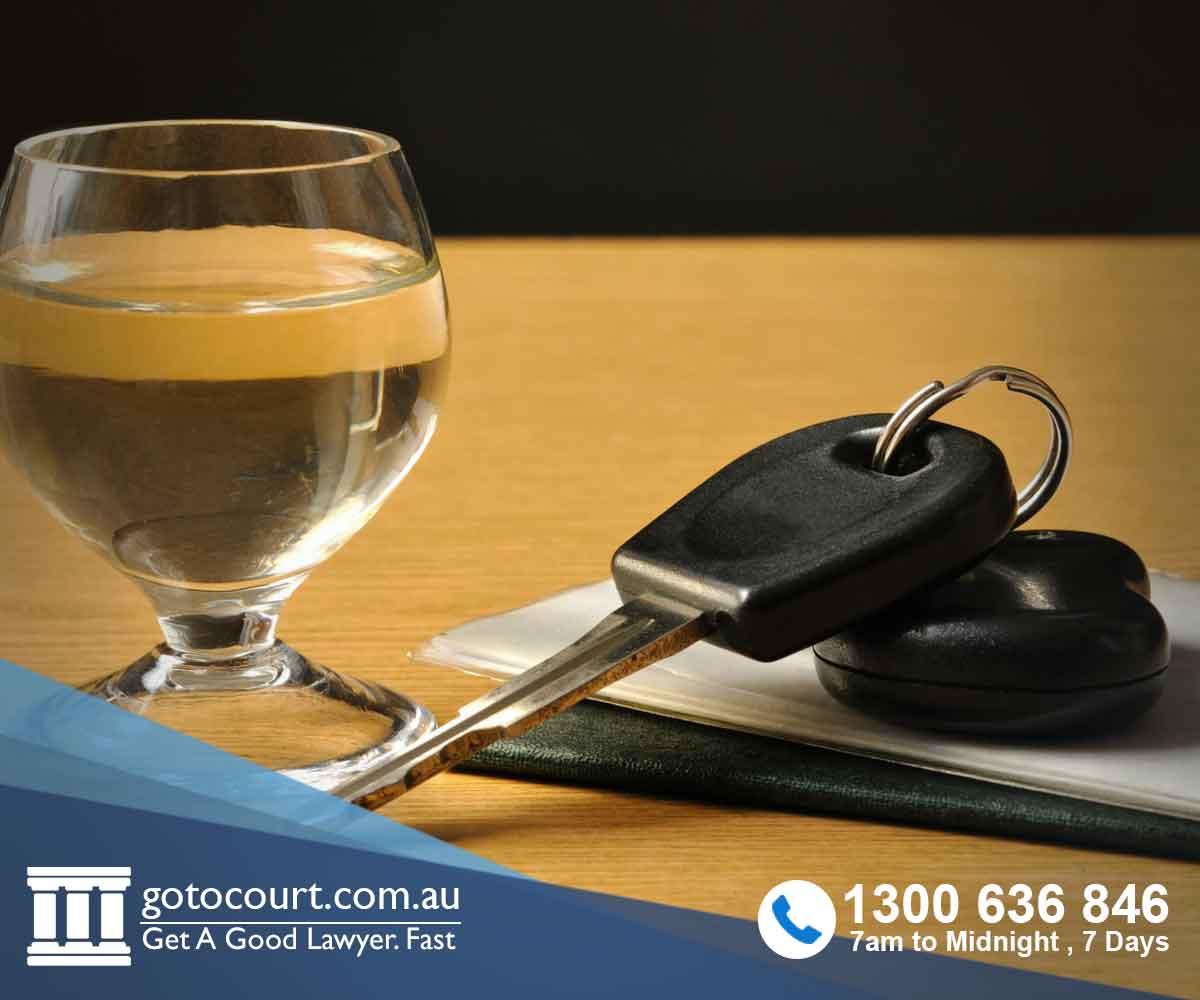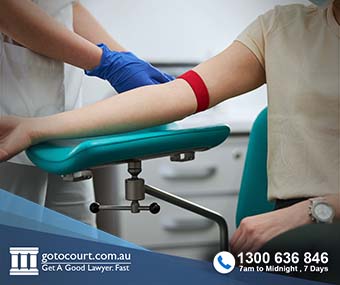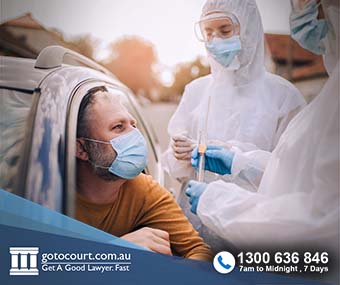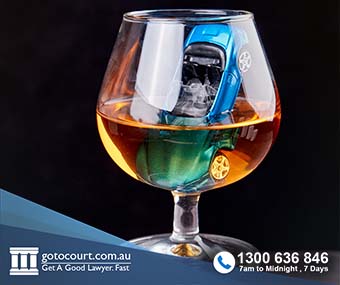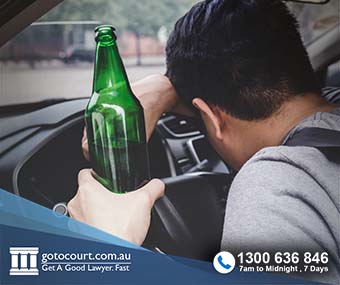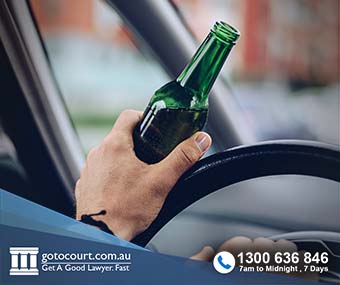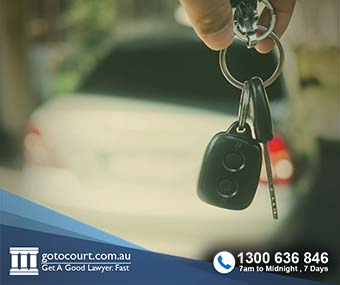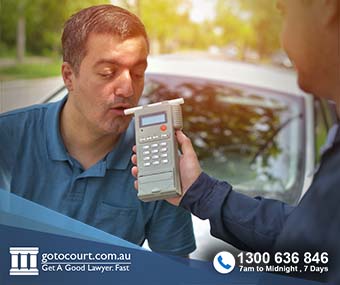Drug Testing in the Australian Capital Territory
Drug Testing in the Australian Capital Territory
It is a criminal offence in the Australian Capital Territory to drive a motor vehicle under the influence of a prescribed drug. In certain circumstances, a police officer can require you to take a drug test to check whether you have committed an offence. Such a test can be required either randomly or following an accident. The rules dealing with how a drug test is administered are contained in the Road Transport (Alcohol and Drugs) Act 1977 and the Road Transport (Alcohol and Drugs) Regulation 2000. Failure to take a drug test may result in criminal charges.
What is drug testing?
Two different kinds of drug tests are carried out in the Australian Capital Territory. Both involve testing an oral fluid sample provided by a driver for the presence of a drug. The first is a drug screening test. The second test is taken if the drug screening test has a positive result. It is known as oral fluid analysis.
Circumstances when a drug screening test may be required
Under the Road Traffic (Alcohol and Drugs) Act 1977, a person may be required to take a drug screening test in the following circumstances:
- Where they are a driver or driver trainer on a road or road-related area (section 13A);
- Where the police suspect they were the driver of a vehicle at the time of an accident (section 13B);
- Where the police suspect they were the driver trainer at the time of an accident (section 13BA);
- Where the police suspect they have committed the offence of culpable driving (section 13C);
A person must follow the police officers’ instructions when taking the test. They may be required to wait for up to half an hour if the police officer does not have a drug screening device handy, but they can only be required to do so if the police officer reasonably suspects that there is a drug in their body.
Drug screening tests following an accident
If you are involved in a car crash on a road or a road related area, a police officer can require you to take a drug screening test, regardless of whether they suspect you drove the motor vehicle under the influence of a drug. You can be required to remain in a particular place for up to 30 minutes to take the drug screening test. You must also comply with the police officers’ directions or you may commit a criminal offence.
Drug screening tests for culpable driving
A police officer can require you to take a drug screening test if they reasonably suspect you of committing the criminal offence of culpable driving. You can be required to remain in a particular place for up to 30 minutes to take the drug screening test, and you should comply with the police officers’ directions or you might commit a criminal offence.
Taking an oral fluid analysis
If you take a drug screening test in one of the above circumstances and the results suggest you do have a drug in your body, the police officer who administered the drug screening test can take you into detention for the purposes of taking an oral fluid analysis. You can also be taken into custody if you fail or refuse to take the drug screening test.
You will then be required to give an oral fluid sample for oral fluid analysis. One part of the sample will be sealed in a tamper-proof container and tested later to confirm the results of the preliminary analysis. You will receive a written statement of the results of the analysis.
Offences
You will commit a criminal offence in the ACT if you refuse to provide an oral fluid sample for the purposes of the above tests, unless there are medical reasons that you could not give a sample. You will also commit a criminal offence if you do not follow the directions of the police officer administering the test. It is also an offence to refuse to undergo a drug screening test. For each of these offences, the maximum penalty is a fine of 30 penalty units.
If you require legal advice or representation in any legal matter, please contact Go To Court Lawyers.

Affordable Lawyers
Our Go To Court Lawyers will assist you in all areas of law. We specialise in providing legal advice urgently – at the time when you need it most. If you need a lawyer right now, today, we can help you – no matter where you are in Australia.How It Works




1. You speak directly to a lawyer
When you call the Go To Court Legal Hotline, you will be connected directly to a lawyer, every time.

2. Get your legal situation assessed
We determine the best way forward in your legal matter, free of charge. If you want to go ahead and book a face-to-face appointment, we will connect you with a specialist in your local area.

3. We arrange everything as needed
If you want to go ahead and book a fact-to-face appointment, we will connect you with a specialist in your local area no matter where you are and even at very short notice.

